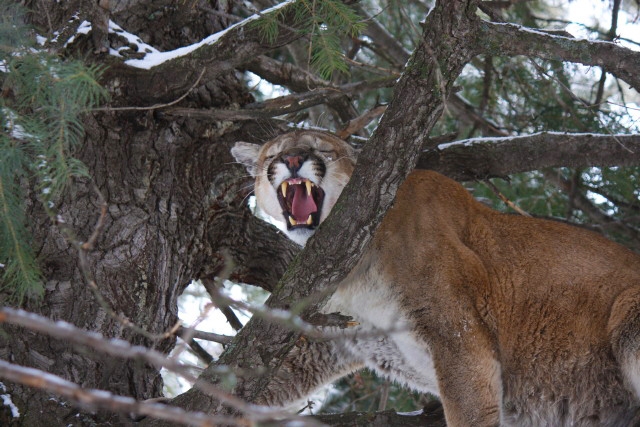Colorado is home to a thriving population of mountain lions, also known as cougars or pumas. These majestic big cats are an important part of the state’s ecosystem and play a crucial role in maintaining balance in the natural environment.
With its diverse landscapes ranging from mountains to forests, Colorado provides the perfect habitat for mountain lions. They are solitary animals and are known for their elusive nature, making them difficult to spot in the wild.
Mountain lions are at the top of the food chain in Colorado and play a vital role in controlling the population of prey species such as deer and elk. Their presence helps in maintaining a healthy ecosystem and preventing overpopulation of these herbivores.
Despite their importance in the ecosystem, mountain lions face threats such as habitat loss, poaching, and conflicts with humans. Conservation efforts are crucial to ensure the survival of these magnificent animals in Colorado.
The population of mountain lions in Colorado is estimated to be around 4,500 individuals. However, exact numbers are difficult to determine due to the secretive nature of these animals and the vastness of their habitat.
Conservationists and wildlife authorities in Colorado are working tirelessly to monitor and protect the mountain lion population. Efforts include research, habitat conservation, and education to raise awareness about the importance of these apex predators.
It is essential for residents and visitors in Colorado to understand and respect the presence of mountain lions in the state. Encounters with these animals are rare, but it is important to take precautions while hiking or camping in mountain lion territory.
In conclusion, the population of mountain lions in Colorado plays a vital role in the state’s ecosystem. Conservation efforts are necessary to ensure the continued survival of these majestic animals and maintain the balance of the natural environment.
